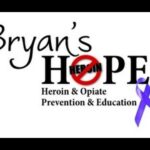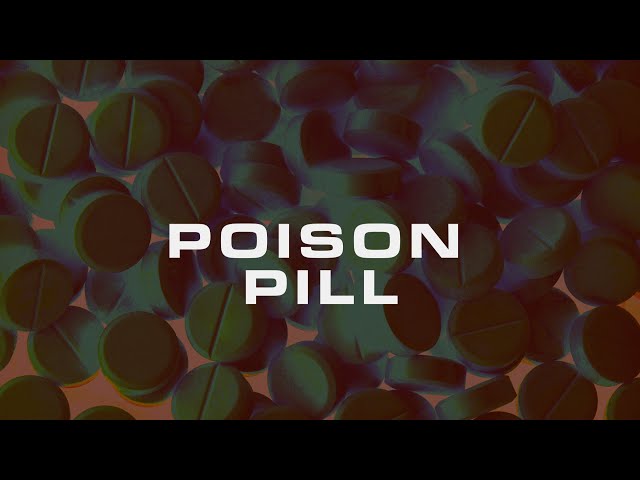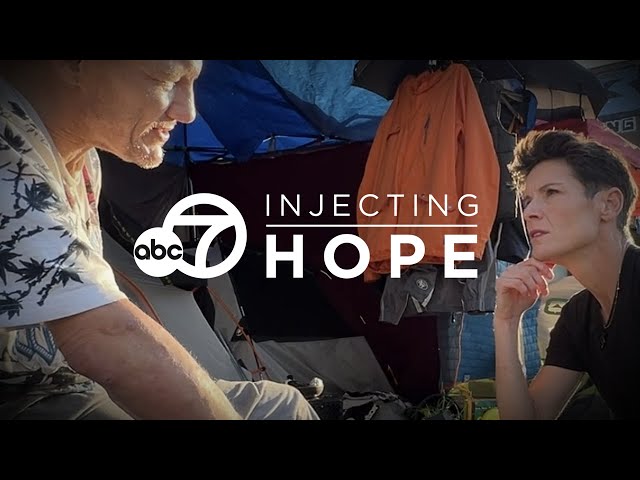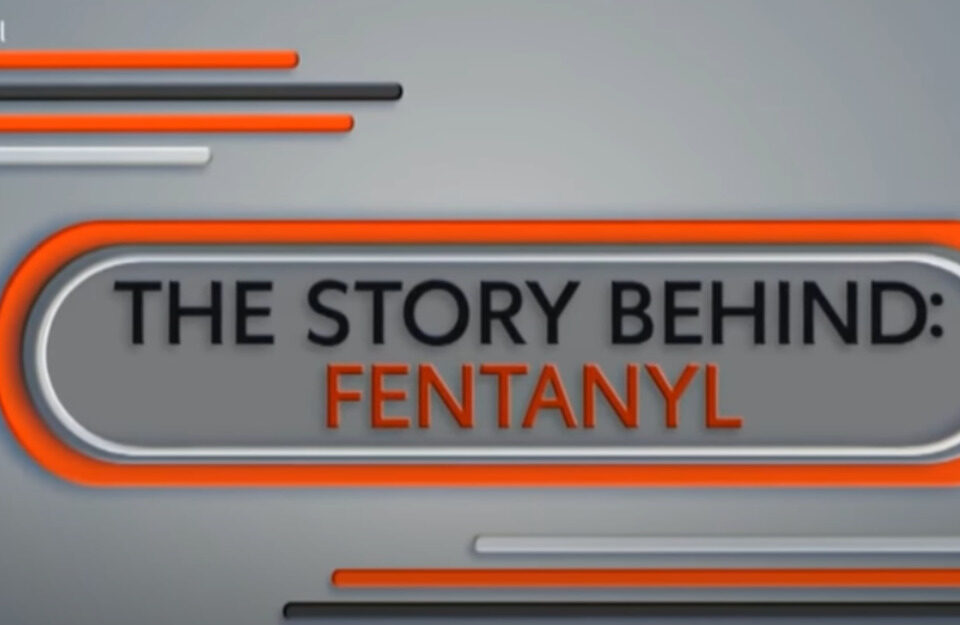Introduction
This documentary covers the opioid crisis in Arizona. You’ll hear from frontline workers, policymakers, and counsellors, as well as parents who have lost a child and those who made it to recovery. This video focuses on the route that people take to becoming addicted, starting from being prescribed a prescription medication to suffering from a full-blown addiction. It also discusses the ease at which people are able to obtain the pills, as well as some stories about medical professionals who abused their prescribing powers.
Watch Now!
After watching the following video, you are welcome to share your experience by providing a review of the resource.
Quotes
“We are killing more people by prescription drugs and a large percentage of them are opioids prescribed by doctors. And we’ve also seen that a large percentage of people that get addicted to these prescription-type opioids often resort to heroin. Opioid and prescription drug related deaths have increased every year for the last 5 years. It’s a growing problem, it’s something that needs to be addressed, and it’s getting worse every year.”
“This is an epidemic that isn’t hidden, it’s not somewhere far, far away. It’s right in our own backyards, our own neighbourhoods, our own schools, and it’s something we’re either going to address as leaders, parents, and policymakers, or we’re going to see more kids die and more avoidable deaths.”
“We’re prescribing a lot more opiates than we ever used to before. Opiates were thought to be fairly safe, so a lot of different practitioners we’re prescribing opiates for various pain. So as that trend continued on and on, we were seeing more and more patients that had developed addiction to opiates.”
“Being sober and staying sober wouldn’t be such an amazing celebration if we didn’t realize that the other alternative is death.”
MARISA RODRIGUEZ
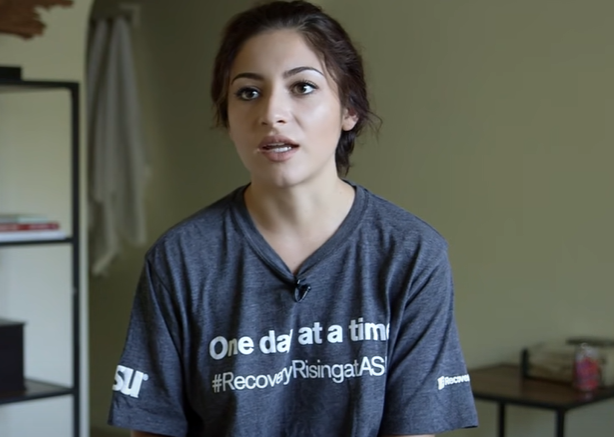
“Once you’ve tried your drug of choice, you try and catch the same high you got the first time, but you never do. So I took 26 Percocet’s in two hours, so I OD’d. But I didn’t actually go to the hospital over it, which was kind of weird. I never really sought medical attention because I didn’t want to get red-flagged and not be able to get the pills, to be honest. It’s not a fun feeling to know that you’re going to die over a drug, something that you could have prevented.”
“The pill bottle says 1-2 every 4-6 hours, so I’m going to take 2 every 4. I’m going to push those limits because I like the way that it makes me feel. It doesn’t just take away the pain, it makes your whole life seem like it’s amazing.”
“There’s no difference in what I was doing that the people on the street do with their heroin every day. They go to somebody on the street corner with dope and I was going to my doctor and he was writing me the prescriptions.”
“This is a horrific disease that needs to be treated, can be treated. Recovery does happen. And so I want there to be some hope. And I think in the long run if you’re able to survive it, you come out a stronger, more compassionate person.”
Continue Learning
Please view the following additional resources to continue learning about some of the topics discussed in this resource. If you have any suggestions, concerns or general comments, feel free to contact me as well!


